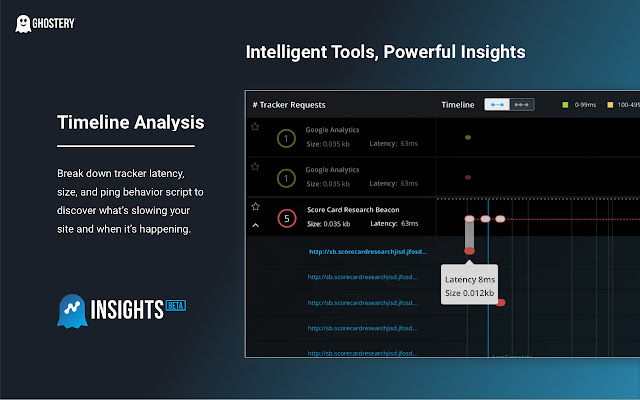
Are prop trading firms worth it for new traders?
Diving into prop trading can feel like stepping into the wild west of finance—full of potential, risks, and a jungle of questions. Do you jump in, bank on the mentorship and capital they provide, or hesitate because it sounds risky and complex? It’s a question buzzing in the minds of many budding traders craving to break free from the standard Wall Street grind. Let’s unpack what prop trading firms offer, their real value for newcomers, and where the industry seems headed.
Unlocking Capital and Learning Hands-On
One of the biggest perks that draw new traders to prop firms is access to capital. Unlike trading with your own savings, which can be limited and nerve-wracking, firm-supported traders often get a significant leverage boost. That means more room to experiment, more opportunities to grow, and the chance to learn on a real scale without risking everything you own. I remember when I started, I’d throw my money into different accounts, but the speed and convenience of a prop firm’s capital changed the game completely—faster learning, faster scaling.
Plus, many prop firms have structured training programs—courses, mentorship, trading rooms—all designed for someone new to the markets. Instead of stumbling through endless tutorials, traders get hands-on experience alongside professionals. Imagine having a coach guiding your every move, pointing out pitfalls and tricks of the trade. That reinforced learning is priceless, especially when youre just getting started.
Diverse Assets, Broader Perspectives
Most prop trading firms today aren’t just about stocks. They often give access to a broad spectrum—forex, crypto, indices, options, commodities—reflecting how markets are becoming more interconnected and sophisticated. Trading multiple assets not only broadens your understanding but helps develop strategies in different environments, making you a more flexible trader. Think about trading in forex during the Asian session, then switching gears to crypto in the evening—each market has its rhythm and nuances, and learning to adapt is vital.
But a word of caution: diversifying sounds great, but spreading yourself thin across assets without mastering the basics can backfire. It’s tempting to chase every asset class hoping for quick wins, but in reality, focused learning and discipline bring better long-term results.
Is It Worth the Hurdles?
Despite the wins, prop trading isn’t a free ride. Many firms require stringent testing processes—probation periods, blending skill with mental resilience. They want traders who can handle pressure and are dedicated, which filters out many hopefuls. The competitive environment means you need solid strategies, risk management, and the ability to stay calm during volatility.
But here’s the upside: you’re trading with a safety net—a funded account—so even if you blow a few accounts trying to learn, the firm absorbs much of the financial hit. That mindset of “learning from losses” is vital for new traders. And with the right approach, many find that prop firms accelerate their growth more than traditional solo trading on retail accounts.
Future Trends: AI, Decentralized Finance, and the Next Wave
Looking at the big picture, the industry is shifting fast. Decentralized finance (DeFi) is challenging traditional models, offering more transparent and permissionless ways to trade. Yet, it’s also creating complexities—regulations, security issues—that traders and firms are navigating. It’s like the wild frontier of finance, with immense opportunities but the need for careful risk assessment.
Meanwhile, AI-driven trading is turning into the next big thing. Smart algorithms can analyze data faster than any human, executing trades based on patterns often invisible to us. Some prop firms are already experimenting with integrating AI into their strategies, giving traders an edge—and raising questions about fairness and system robustness.
Looking ahead, the convergence of traditional prop trading, decentralized finance solutions, and AI-based systems will redefine how new traders approach markets. For those stepping into this scene now, understanding these shifts—being flexible, tech-savvy, and cautious—will be key to thriving.
Is prop trading still worth it? Given all this, the promise of mentorship, capital access, and exposure to volatile yet lucrative markets makes it compelling for those serious about honing their skills. It’s not a get-rich-quick scheme—it’s a learning accelerator wrapped in a challenge.
If you’re hungry for growth, willing to learn from setbacks, and eager to navigate the future of financial markets, prop trading firms can be a worthwhile stepping stone. Remember, the right approach turns these opportunities into true career launches.
So, strap in, do your homework, and get ready to ride the wave of tomorrow’s trading world. Because in the end, the question isn’t just “Are prop trading firms worth it?”—it’s how you can-turn that chance into your own success story.

